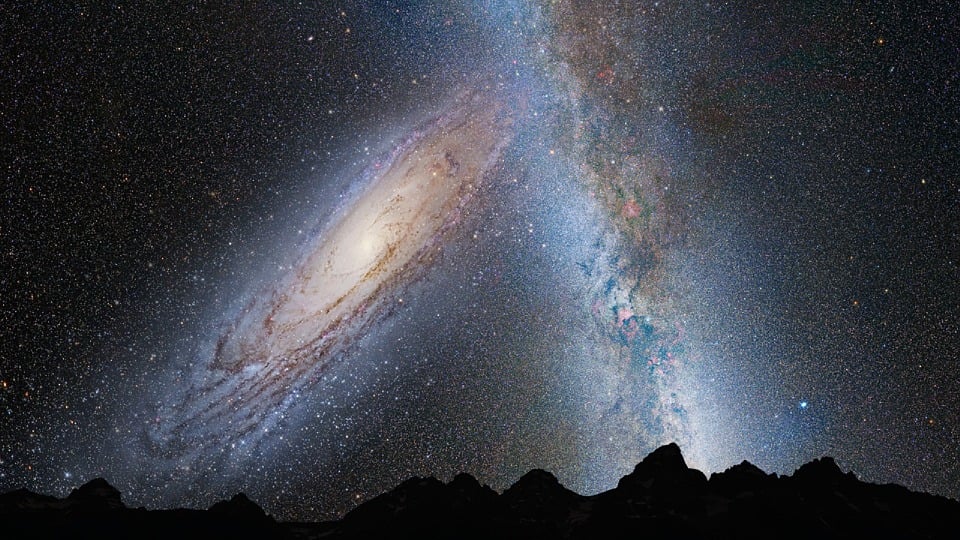
Throwback Thursday, ScienceFiction.com’s ongoing column dedicated to the great science fiction of the past, continues this week by taking a look at a personal favorite: “The Nine Billion Names of God” by Arthur C. Clarke.
The author alone should let you know it’s a great bit of science fiction even if the title seems to be more about the mystical than the scientific. What “The Nine Billion Names of God” does, though, is actually look at the intersection of those two things.
Far away in the mountains of Tibet, monks have been compiling all the names of God, believing that once they write them all out the end of the world will come. Unfortunately for the apocalypse-hankering zealots, it will take 15,000 years for them to write every permutation. In comes western computer engineers. The monks pay these men to develop a program that will go through the permutations faster.
Because money is money, the computer engineers agree to do as the monks ask. However, they worry that when the project is complete, they will be labeled as frauds. After all, how on earth is the end of the universe going to happen just by writing down random names? They conspire to leave before the computer is finished doing its thing, and then… well… spoilers…. You’ll just have to read it yourself to find out.
I genuinely love this story, not only because the interesting application of computers for a short story made in the 1950s, but because instead of thinking other cultures quaint and clueless, it treats the Westerners who think they know better as the fools.
Good science fiction is about making people question their perceptions, and “The Nine Billion Names of God” definitely makes the English-speaking world rethink who they interact with other beliefs.
